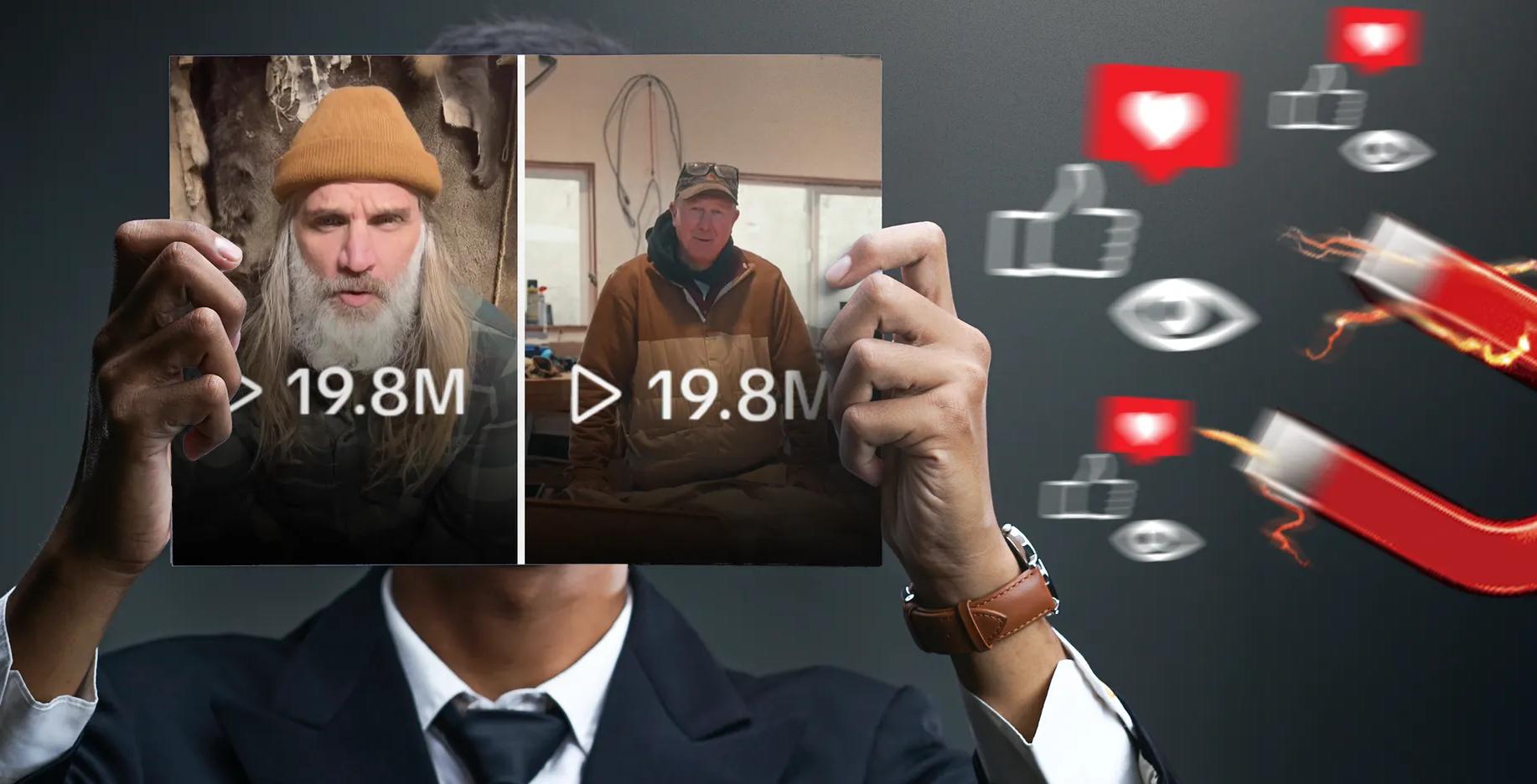Your go-to resource for mastering the art of standing out in today’s fast-paced digital world.
Explore our latest articles, where we dive deep into the strategies, insights, and tactics that drive attention, spark engagement, and create viral success.

Think you have to copy Oprah or the Kardashians to go viral? Think again. When Oprah...
November 10, 2025
1 min read

Our nutsiest advice for you
November 3, 2025
2 min read
Learn how to generate virality on demand armed with actionable research and proven, personalized strategies.
We collect the following personal information to provide and improve our services:
We use your information for these purposes:
We use your data for targeted advertising on platforms like Google and Meta. This enables us to show personalized ads based on your website interactions.
We also use remarketing pixels to collect personal information, such as email addresses and phone numbers, to engage with you through marketing channels beyond our website. We do not sell your personal information to third parties. You can opt out of receiving these targeted advertisements and marketing communications by following the opt-out instructions provided in our communications or through your device/browser settings.
We do not sell your personal data. We may share your information:
Third-party vendors involved in targeted advertising (e.g., Google, Meta) will have access to limited data to serve relevant ads. For more details, please refer to their privacy policies.
Your personal data is encrypted and securely stored using cloud services. We retain your personal data as long as you remain an active lead. If you become inactive, your data will be deleted after 90 days.
We use cookies and similar technologies to:
You may manage or disable cookies via your browser settings. Opt-out options for third-party ad tracking (Google, Meta) are also available through their respective platforms.
You have rights concerning your personal data, including the right to:
To exercise these rights, please contact us at support@hookpoint.com (mailto:support@hookpoint.com).
We implement industry-standard security measures to protect your data, including encryption and secure access controls, to prevent unauthorized access, disclosure, or misuse.
We may update this Privacy Policy occasionally. Changes will be posted on this page, and we will notify users via email or a prominent website notice. Please review this policy regularly.
All materials, data, and content provided by Hook Point (the “Materials”) are proprietary and confidential. Unauthorized use, including reproduction or use for AI training without prior written consent, is prohibited and may result in legal action.
This Privacy Policy is governed by the Federal Trade Commission (FTC) Act. Hook Point commits to full compliance with this policy and applicable privacy laws. Failure to comply may result in FTC enforcement actions.
For questions or concerns about this Privacy Policy, contact us at:
Email: support@hookpoint.com (mailto:support@hookpoint.com)